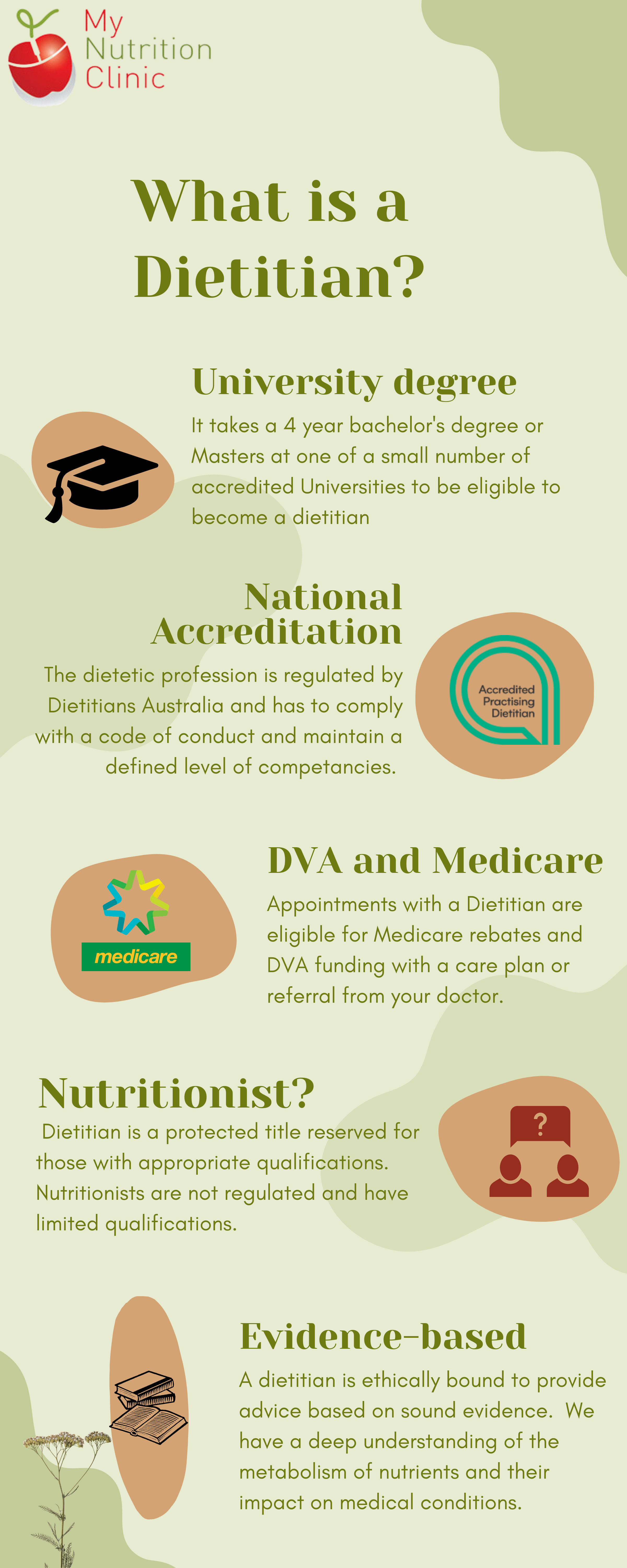All Categories
Featured
Table of Contents
The types of Nutritionists are: and. The previous are those people who use the scientific method to study nutrients, both as private compounds and as they interact in food and nourishment while the last are specialists that help in diagnosing the nutritional problems of communities and in finding remedies to those troubles.
: They function with health cares and global wellness organizations.: They are in charge of massive food preparation and service.: They are experts in nourishment and aging. They are Board accredited in Gerontological Nourishment with the American Dietetic Association.: They are primarily entailed with dietary associated research in the scientific aspect of nourishment in illness states, public facet on primary, additional and occasionally tertiary health avoidance and foodservice aspect in problems including the food prepared for people.
How Much Should I Pay For Celiac Dietitian?
: These work as source people for the media. Dietitians' know-how in nourishment is often taped for TV, radio, and papers-- either as a professional guest viewpoint, normal reporter or guest, or for source, restaurant, or dish advancement and critique.: These job under personal technique. As clarified above, all dietitians are nutritionists however not all nutritionists have the credentials and credentials to be called dietitians.
This indicates specifically the very same thing as Registered Dietitian (RD), a term that has actually remained in use for a very long time. All RDs are RDNs but some select to call themselves that and some do not. Additionally complicating matters are certificate needs. While certification to become an RD or RDN is controlled by the Academy of Nourishment and Dietetics a nationwide company licensure is controlled by private states.

In order to provide clinical nutrition treatment and certify as companies for insurance provider, a dietitian needs to be certified by the state. According to the Bureau of Labor Stats, the demand for dietitians and nutritional experts is anticipated to enhance by 20% in between 2010 and 2020 this is a much faster growth rate than the average for all professions.
What Does Registered Dietitian Credentials Cost?
There are substantial distinctions in payment based upon field of expertise, with Professional Pediatric Dietitians and Milk Nutritionists averaging roughly $90,000. In 2014, The Bureau of Labor Stats (BLS) discovered that the top 10% of dietitians and nutritionists make even more than $79,000, and the bottom 10% much less than $36,000 - Sports Nutritionist. A mean hourly wage of $27.62 was computed for both markets, with the leading 10% earning above $38.00 per hour, and the bottom 10% earning listed below $17.00 per hour

There is a selection of tasks available in different atmospheres for those who want to work with the public, as well as for those who favor more research-focused work. Several enter into among these fields in order to aid people live healthier lives which can be tremendously rewarding.
With existing stats that one-third of the U.S. populace is obese, in addition to a lot of elderly U.S. homeowners, dietitians and nutritionists are most likely to have a much more comprehensive role in the future. My Plan rates dietitians and nutritionists at # 53 in their joy index of leading 300 jobs with the highest job complete satisfaction scores.
In enhancement to going to a recognized program, a lot of states require dietitians to be accredited or to have professional certification, or both.
Is It Worth Paying For Nutritionist And Dietitian?
Your core courses might include: Food science Chemistry Health and wellness treatment policy Clinical nourishment Biostatistics Microbiology Food solution monitoring You'll also require to finish a dietetic internship.

Whether created in legislation or not, dietitians and nutritionists many times need a comparable education. Common bachelor's levels for nutritionists include nourishment science or an associated self-control, such as dietetics, kinesiology, food system monitoring, or biochemistry.
The variety of hours you'll require may depend on requirements in the state where you'll function. Whether you prepare to gain a credential or otherwise, it's a good concept to complete at the very least one internship to gain useful experience prior to looking for a permanent duty. Licensing and qualification needs for nutritional experts and dietitians vary from state to state.
What Is The Best Geriatric Nutritionist Service?
A specialist certification demonstrates your proficiency and knowledge in your area. These are not certification programs. A certificate shows that you have taken a training program to learn an ability. Certification shows your proficiency extends beyond your education and learning which you've passed a qualifying examination. Here are the top qualifications for dietitians and nutritional experts.
The titles are essentially the same. There's no professional difference in between them, and you're cost-free to pick which one you wish to utilize based upon personal choice. To take the certification examination, you need to: Gain a bachelor's degree that's certified by the ACEND Total a dietetics internship After Jan. 1, 2024, you'll need to make a master's degree to qualify for the qualification.
Who Is The Best Registered Nutritionist Company?
Bureau of Labor Stats places dietitians and nutritional experts in the same category and says they make a median yearly wage of $69,680. However there is a range in incomes, with the lower 10% around $44,910 and the leading 10% around $98,830, according to the BLS. Nutritional expert and dietitian duties are expected to grow 6.6% with 2032, according to the BLS.
This does not suggest that one profession transcends to the various other, as they both have different features and qualifications that may in some cases overlap. If you wish to discover more about what makes these occupations distinctive, keep analysis. Dieticians are specialists that help improve the lifestyle via healthy food choices.
What Is The Best Holistic Nutritionist Service?
Nutritional expert guidance concerning nourishment's effect on wellness. The field is much less regulated than dieticians; hence, nutritional experts' levels of proficiency and certifications can differ.
There are a number of differences in between diet professionals and nutritional experts. Here are the training and background requirements. Dieticians commonly hold a bachelor's degree in dietetics, nutrition, or a related area. As their professions advance, lots of dieticians pursue postgraduate degrees, like a Master's or Doctorate, to be experts in particular locations of nourishment. Diet professionals have to undertake monitored sensible training as part of their education to gain hands-on experience in medical settings, area nutrition programs, or food solution administration.
Latest Posts
Rapid Weight Loss ( Canning 6106)
What Do 6 Week Transformation Services Include?
Who Makes The Best Online Fitness Trainer 2023